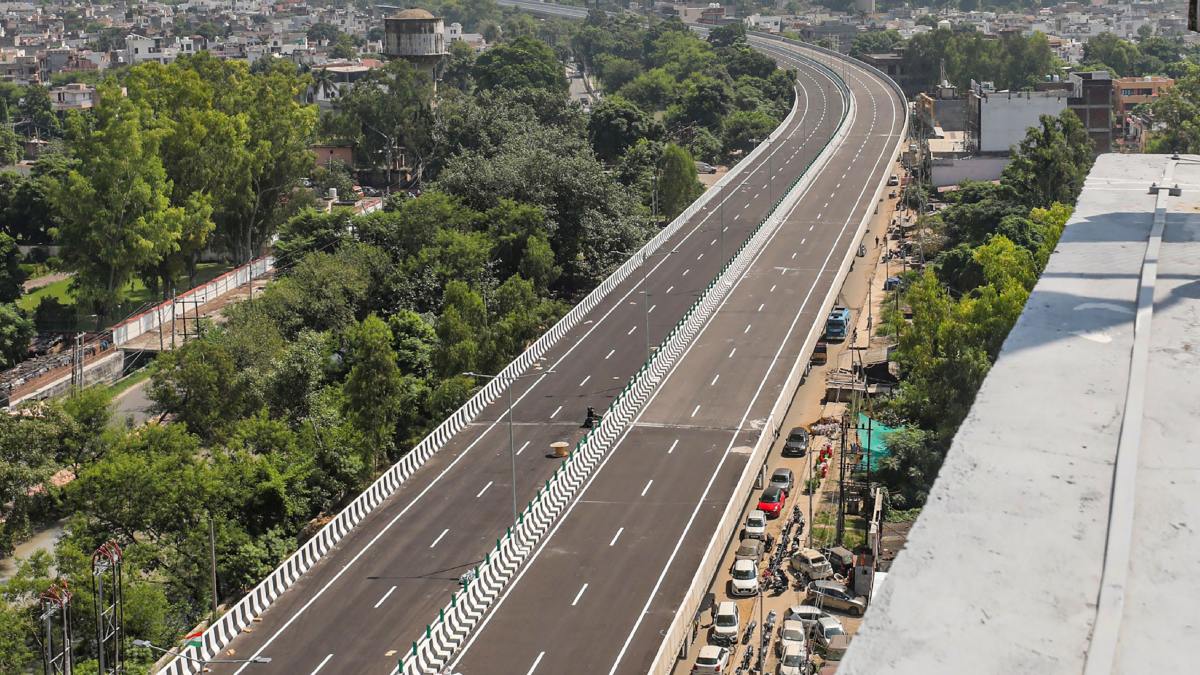Bengaluru’s traffic gridlock on its key airport corridor may soon find relief as the city pitches a signal-free flyover and tunnel to decongest the arterial route linking Hebbal Junction to Kempegowda International Airport.
The current 35-km stretch, long burdened with growing traffic from new industrial and business developments, has become emblematic of the city’s urban transit challenges. Despite an existing elevated expressway, the presence of traffic lights and pedestrian crossings has rendered the journey slow and inconsistent undermining the expressway’s original purpose. Now, the city is looking to recast that vision with a seamless, fast-moving corridor aimed at benefiting not only airport passengers, but freight carriers and thousands of daily commuters who are losing precious hours navigating bottlenecks.
The proposal is rooted in urgency and shaped by a city on the brink of breaking under its own infrastructural weight. Bengaluru, long celebrated as India’s tech capital, has in recent years struggled to match its urban sprawl with transit-oriented development. The planned flyover and tunnel, which will bypass signal points and eliminate ground-level friction, are now being projected as part of a long-overdue overhaul of Bengaluru’s road infrastructure one that puts climate, convenience, and commuter dignity at the forefront. In tandem, the city has also urged the central government to accelerate other key infrastructure projects. These include the widening of the Bengaluru–Kanakapura highway to six lanes and expedited work on a vital 7-km road near Kaggalipura that serves as a crucial suburban connector. Delays on these projects have aggravated both congestion and pollution, undercutting the broader sustainability goals the city aspires to achieve.
Another flashpoint is the incomplete Satellite Town Ring Road (STRR), a project first conceptualised in 2009. Despite visible progress on physical infrastructure, compensation for affected families remains stalled. Several households, whose land was acquired more than a decade ago, are yet to receive any form of restitution raising ethical concerns around equitable development. In the push for modernisation, the human cost of growth cannot be ignored. As Bengaluru envisions its future as a low-carbon, sustainable metropolis, such infrastructure upgrades are no longer optional they are imperative. But the city must tread carefully. Equity in access, fairness in compensation, and integration with green mobility frameworks like metro and bus rapid transit systems should be non-negotiable pillars of its next urban chapter.
If executed transparently and with long-term vision, the new flyover and associated infrastructure projects could help Bengaluru shed its image as a city constantly playing catch-up with its own ambitions and instead, emerge as a model for inclusive, future-proof urban planning.
Also Read :Green Expressway to Connect Mumbai and Bengaluru in Just Six Hours


